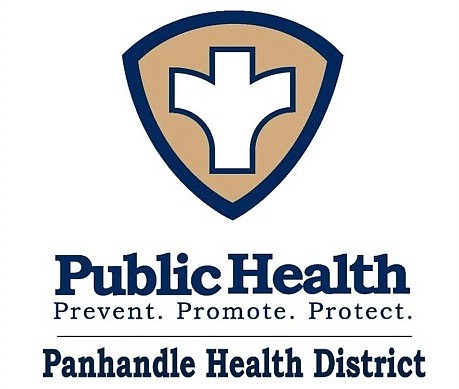PHD awarded $1M grant to help combat opioid use disorder
BONNERS FERRY — A $1 million grant awarded to Panhandle Health District will help combat opioid use disorder in the area through education, outreach, and expansion of services. The three-year federal Rural Communities Opioid Response Program Implementation Project Grant was awarded by the Health Resources and Services Administration.
The PRxOS (Prescription Opioid Solutions) Project is a community-based collaborative effort with the goal of reducing morbidity and mortality associated with local opioid use disorder (OUD). This group of agencies and individuals including providers, law enforcement, school administration, and more, are dedicated to creating solutions for our region that enable a high quality of life free of preventable disease, disability, injury, and premature death. Community concern and the reality of substance use disorder data rates encouraged our public health response to mobilize efforts, community partners, and resources together. In September of 2018, PRxOS was formed from the successful North Idaho Rx Opioid Solution Symposium hosted by the Panhandle Health District. This event launched conversations and partnerships that have begun to collaboratively establish a cross-sectoral strategic plan. Workgroups were structured from best practices used in comparable communities in the United States that have made measurable successes. Four workgroups- prevention, harm reduction, access and awareness to treatment, and community resources- have since been successfully compiling data, knowledge, and resources to narrow the focus on locally attainable approaches. Being professionally diverse, regionally representative, and sustainably addressing local OUD have been driving values of PRxOS work.
“These funds will help us continue with the work we are currently doing and expand resources,” said Kelsey Orlando, PRxOS Project Director at PHD.
Opioids are a class of drugs that are effective for pain relief and are commonly prescribed for acute and chronic pain, post-surgery, during cancer care, and throughout palliative care. Increased prescriptions, lack of treatment and recovery resources, and the addictive quality of opioids have led to the increasing number of opioid related overdoses nationwide.
The best ways to prevent opioid overdose deaths are to improve responsible opioid prescribing habits, prevent misuse through education, improve access to Naloxone, and treat opioid use disorder. The PRxOS workgroups meet monthly; people interested in learning more or getting involved should contact korlando@phd1.idaho.gov.
PHD would like to thank the following community members for their commitment to this funding opportunity: Spirit Lake Police Department, Marimn Health, Kaniksu Health Services, North Idaho Aids Coalition (NIAC), Northwest Hospital Alliance, Kootenai County Sheriff’s Office, Heritage Health, Kootenai Care Network, Region 1 Behavioral Health Board, Kootenai Recovery Community Center (KRCC), Bonner General Health (BGH)

